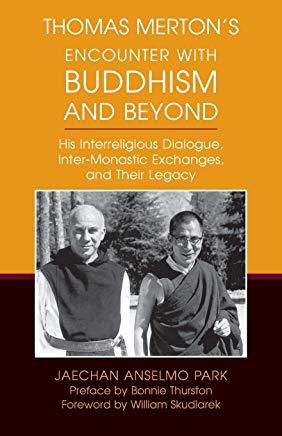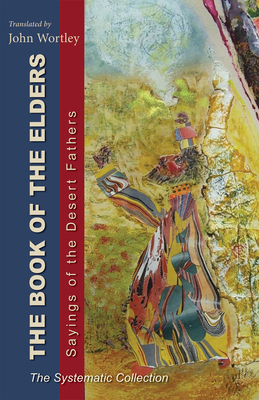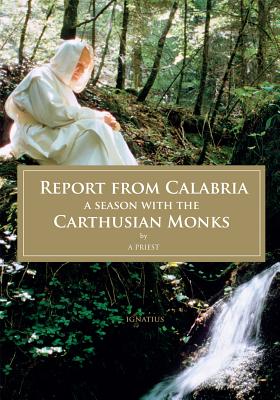
Park, Jaechan Anselmo
Thomas Merton recognized the value and possibility of contemplative dialogue between monastics and contemplatives of other religious traditions and hoped that, through such dialogue, monastics would strive for 'inter-monastic communion' and a bonding of the broader 'spiritual family.' He held out hope that this bond would demonstrate the fundamental unity of humanity to a world that was becoming ever more materialistic and divided.
Among other themes and topics, this book explores Thomas Merton's role as a pioneer of Buddhist-Christian dialogue and monastic interreligious dialogue. It delves into the process of Merton's self-transformation through contemplative experiences, explores his encounter with Zen and Tibetan Buddhists and his pioneering engagements in Buddhist-Christian dialogue, and presents and responds to the criticisms of those who raise questions about Merton's understanding of Buddhism.
Fr. Jaechan Anselmo Park, OSB, articulates and analyzes the influences of Buddhist theory and practice on Thomas Merton's contemplative spirituality and shows how Merton's legacy has influenced and continues to inspire interreligious and inter-monastic dialogue, particularly in an Asian monastic context.
member goods
listens & views

DECCA ROCK N ROLL PARTY ...
by DECCA ROCK N ROLL PARTY 1: 30 CUTS / VARIOUS
COMPACT DISCout of stock
$18.49






